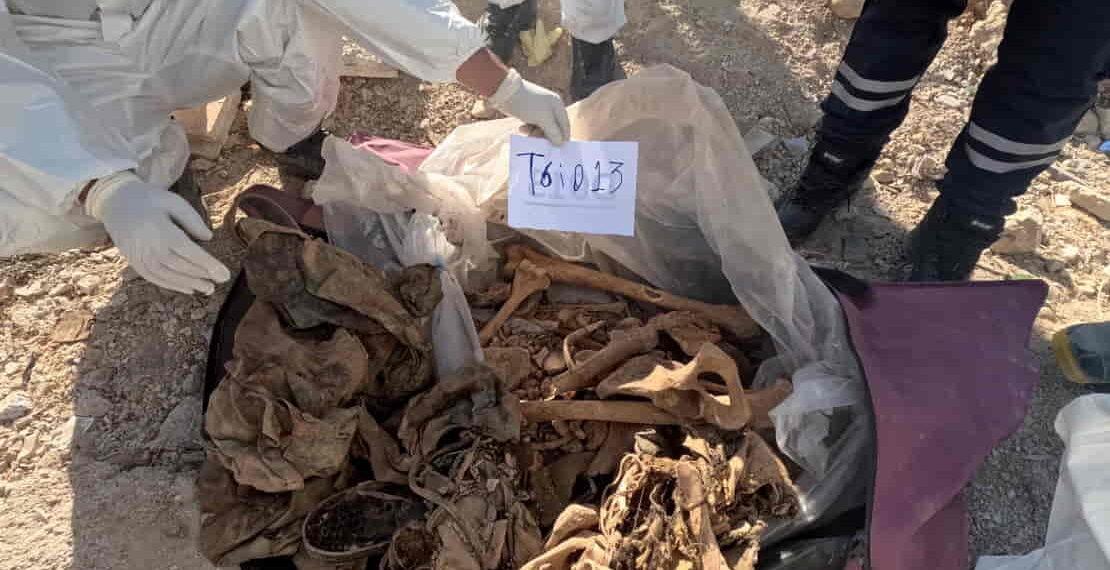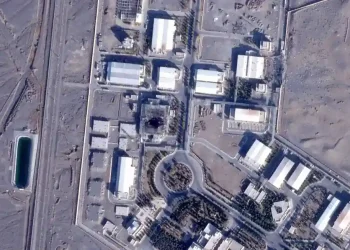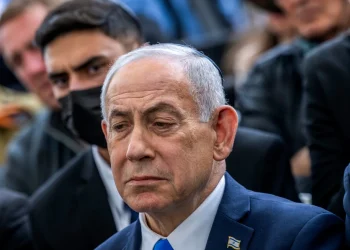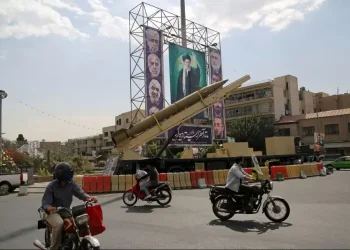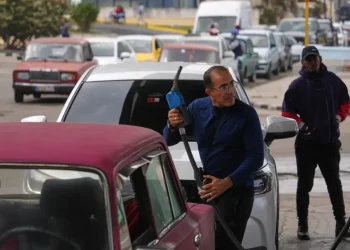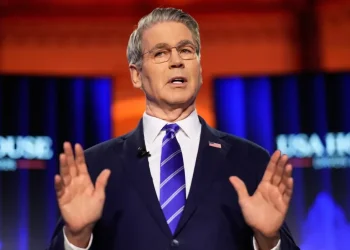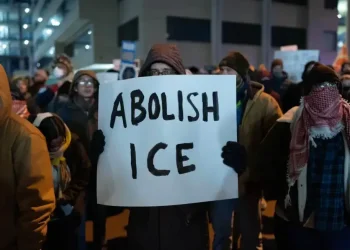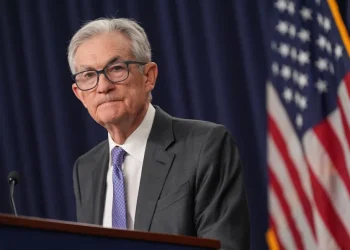Hundreds of Thousands Feared Buried in Syrian Mass Graves, Advocacy Group Reveals
Mass graves are being uncovered across Syria, shedding light on the scale of atrocities committed under the brutal regime of ousted dictator Bashar al-Assad.
More than two weeks after Assad’s regime collapsed and he fled the country, countless Syrian families remain in the dark about the fate of their missing loved ones, many of whom were detained by Assad’s notorious secret police.
The Scale of the Atrocity
According to Mouaz Moustafa, executive director of the US-based advocacy group Syrian Emergency Task Force (SETF), hundreds of thousands of bodies may be buried in mass graves east of Damascus.
Speaking to CNN, Moustafa said he was finally able to visit suspected burial sites after years of work.
One such site lies in Qutayfah, about 45 kilometers (28 miles) northeast of Damascus. The area is marked by massive trenches:
- Depth: 6-7 meters (19-23 feet)
- Width: 3-4 meters
- Length: 50-150 meters
Gravediggers who worked at the site revealed horrific details. Between 2012 and 2018, four tractor-trailers, each carrying over 150 bodies, allegedly arrived twice a week. This chilling pattern amounts to hundreds of thousands of victims.
Moustafa recounted how workers were forced by intelligence officers to flatten and compress the bodies using bulldozers to make room for new arrivals.
New Discoveries in Southern Syria
On Monday, reports emerged of a new mass grave north of Izraa in Daraa governorate, southern Syria. Videos published by Agence France-Presse show men digging through the soil, pulling up bones, and unearthing rows of bodies.
Another clip shows a bulldozer carefully uncovering layers of earth while two rows of covered bodies lie on the ground.
The Missing: A National Tragedy
An estimated 150,000 Syrians are still unaccounted for, according to the International Commission on Missing Persons (ICMP). Many were detained, kidnapped, or killed by Assad’s regime or affiliated groups. CNN, however, could not independently verify this figure.
The ICMP highlighted previous accounts, including that of a man dubbed “The Gravedigger,” who testified in a German court in 2020. He described how Assad’s regime forced him to bury hundreds of bodies in mass graves.
- Mass Grave Sites: Bodies transported from detention centers were buried in areas like Qutayfah (north of Damascus) and al-Najha (south of Damascus).
- Harrowing Details: Each truck reportedly carried 300-700 corpses. Victims were marked with numbers on their foreheads or chests, exhibiting clear signs of torture and mutilation.
Calls for Justice and Accountability
Moustafa emphasized that there are at least eight known mass grave sites in Syria and urged international experts to assist with exhumations and identifying the bodies.
Jenifer Fenton, spokesperson for the UN special envoy to Syria, stressed the importance of preserving documentation for detention centers and mass graves.
“We must prioritize accounting for the missing and ensuring families receive the clarity and recognition they desperately need,” Fenton said during a recent press briefing.
A Family’s Loss: Voices from Survivors
For families like Hazem Dakel from Idlib, now living in Sweden, the discovery of mass graves reopens old wounds.
Hazem shared his family’s tragedy:
- His uncle, Najeeb, was arrested in 2012 and later confirmed dead.
- His brother, Amer, was detained the following year and disappeared in Saydnaya Prison, notorious for torture and executions.
- Former detainees reported seeing Amer in April 2015, after which he vanished. Though the regime never acknowledged his death, the family is now certain he was tortured to death.
Reflecting on Assad’s fall, Hazem expressed a mix of relief and grief:
“Yes, the regime fell after resistance and struggle, but there was sorrow – like, where are our children? They are mourning their loved ones.”
The Road Ahead
While Syrians celebrate the fall of Assad’s oppressive rule, the staggering discovery of mass graves underscores the enormous task ahead:
- Identifying victims
- Delivering justice
- Providing closure for families
The world is now watching as Syria grapples with its past, seeking answers and accountability for the thousands who vanished during one of the darkest chapters in its history.
This article was rewritten by JournosNews.com based on verified reporting from trusted sources. The content has been independently reviewed, fact-checked, and edited for accuracy, neutrality, tone, and global readability in accordance with Google News and AdSense standards.
All opinions, quotes, or statements from contributors, experts, or sourced organizations do not necessarily reflect the views of JournosNews.com. JournosNews.com maintains full editorial independence from any external funders, sponsors, or organizations.
Stay informed with JournosNews.com — your trusted source for verified global reporting and in-depth analysis. Follow us on Google News, BlueSky, and X for real-time updates.
